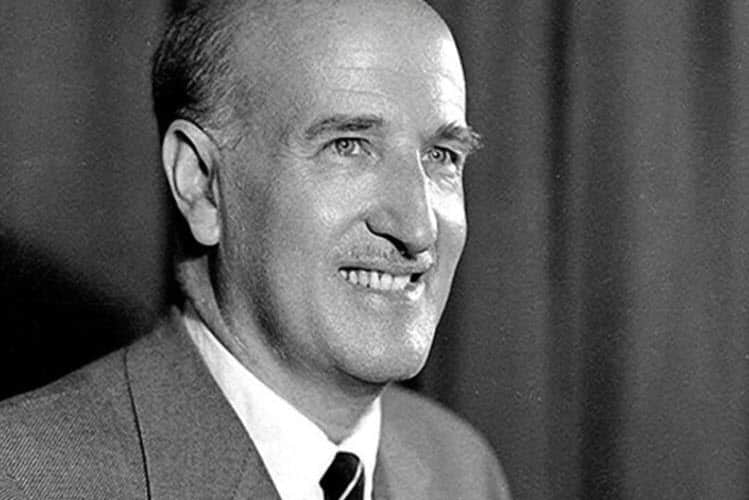Echoes of Eternity: The Poetry and Legacy of Vicente Aleixandre

Vicente Aleixandre (26 April 1898 – 14 December 1984) was a Spanish poet and a member of the Generation of 27, a group of Spanish writers who rose to prominence in the 1920s and 30s. In 1977, he was awarded the Nobel Prize in Literature.
Life and Career
He was born on 26 April 1898, in Seville, Spain. He studied law and business at the Central University of Madrid. However, his true passion was literature, and he began writing poetry at a young age. He became involved in the literary scene in Madrid, where he met other members of the Generation of 27, including Federico García Lorca, Luis Cernuda, and Jorge Guillén.
Aleixandre’s interest in literature led him to abandon his legal and business studies, and he devoted himself to writing and publishing poetry. Despite not completing his formal education, Aleixandre is widely regarded as one of the most important Spanish poets of the 20th century.
He was a prolific poet and writer, publishing numerous collections of poetry throughout his lifetime. His poetry is characterized by its surrealism, its use of free verse, and its exploration of themes such as love, death, and the human condition.
Some of his most famous works include: “Ambito”: Aleixandre’s first collection of poetry, published in 1928, “Sombra del Paraíso”: A collection of poetry published in 1944 that explores themes of love, death, and redemption, “Historia del corazón”: A collection of poetry published in 1954 that reflects Aleixandre’s political and social concerns, “En un vasto dominio”: A collection of poetry published in 1962 that explores themes of freedom and social justice, “Diálogos del conocimiento”: A collection of essays published in 1974 that reflect Aleixandre’s philosophical and spiritual beliefs.
In addition to his literary work, Aleixandre was also a respected translator and essayist, and he played an important role in promoting Spanish literature and culture around the world.
He was a member of the Royal Spanish Academy and a professor at the University of Madrid, where he taught literature and poetry.
He died on 14 December 1984, in Madrid, Spain.
Award and Legacy
In 1977, he was awarded the Nobel Prize in Literature “for a creative poetic writing which illuminates man’s condition in the cosmos and in present-day society, at the same time representing the great renewal of the traditions of Spanish poetry between the wars.”
His legacy is significant in the literary world, both in Spain and internationally. His poetry is known for its surrealism and its exploration of existential themes, such as love, death, and the human condition. He was also politically active and used his poetry to critique social and political issues in Spain. Aleixandre’s influence can be seen in the work of many contemporary poets, who have been inspired by his use of free verse and his commitment to experimentation.
Today, he is remembered as one of the most important Spanish poets of the 20th century, and his work continues to be read and studied by scholars and poetry lovers around the world.
Observer Voice is the one stop site for National, International news, Sports, Editor’s Choice, Art/culture contents, Quotes and much more. We also cover historical contents. Historical contents includes World History, Indian History, and what happened today. The website also covers Entertainment across the India and World.

